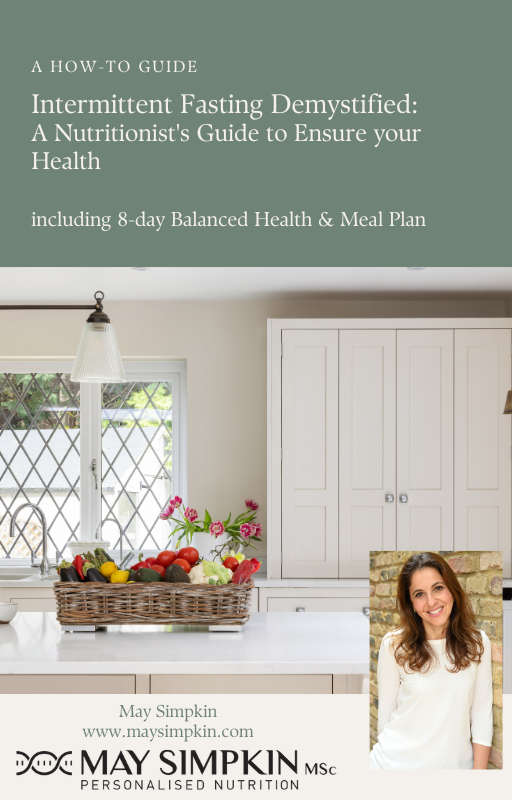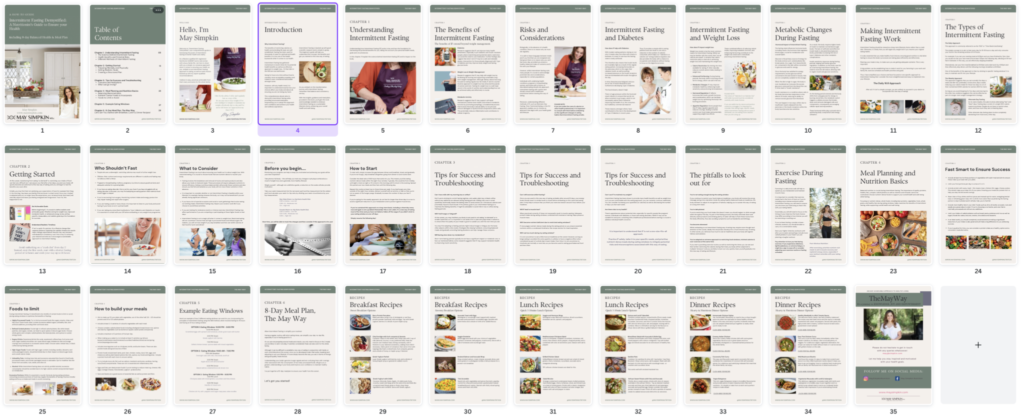
Once you’re over 50, it’s safe to say you’re well into your mature mid-life years and with age and maturity comes wisdom and knowledge! We know more, we understand more and we also know our health is important. We know to eat well, move more and look out for symptoms that we may have ignored in our earlier years.
The average 50 year old can now look forward to around 30 more years of life so looking after your health at this stage of life is more important than ever.
Whilst watching your food, exercise and alcohol intake are well document, sometimes it is the everyday habits that might actually be the issue and if ignored, it is these that could be also become a detriment to your health.
Allowing your weight to creep up
It’s easy to ignore an extra pound or two on the scales and before you know it, after another holiday or a busy period socially, you find yourself hitting the scales at nearer 5 or 6 pounds over and before long over the half stone mark. After 50, it’s easier for the weight to creep up, particularly for women as leading up to and after menopause.
I know the numbers on the scales are not definitive, personally, I am much more in tune with how my clothes fit and how I feel. However, I also recommend weighing yourself regularly; if the numbers are creeping up, it’s time to make some adjustments to your daily habits. Doing so immediately will mean you won’t have to embark on a more rigorous weight loss programme at a later stage, which will affect your day-to-day life more significantly.
Need a weekly nudge to learn how to modify your choices and help you stay on track? Why not join The New Healthy? You are what you eat, right?
Not nurturing yourself mentally

We are conscious that physical exercise is important for our health over 50; our bodies need to keep moving to ensure optimal health. But mental exercise is also crucial to protect our brain from decline. Your brain health is crucial to your overall health and wellbeing. It is probably not surprising that anything that affects your brain function will have an effect on many aspects of your health.
Read More: Brain fog; does it actually exist?
Keep your brain active by ensuring you are constantly learning. Don’t worry if you find a new activity hard, this is the best way to challenge your brain to create new neural pathways or strengthen existing ones to maintain a healthy mind.
Try these:
- Pick up a new hobby or even a new instrument
- Choose a new genre of book
- Enrol yourself on course; there are so many online options to choose from.
- Sign up for a presentation, workshop or seminar. The New Healthy regularly runs events, bringing in expert speakers to encourage new learning.
- Learn a new language
- Travel and experience a new culture, new foods and new experiences.
READ MORE: 9 ways to make your brain more plastic
Not factoring in self-care for overall health over 50
Stress is a fact of life, sadly, but when stress is allowed to continue to a point where you are constantly living “on the edge” without giving yourself an opportunity to truly rest and restore, your body has a weakened immunity and you become more easily susceptible to illness. Chronic stress increases your risk of cognitive decline as your risk of diseases like dementia, Alzheimer’s and Parkinson’s increase. Studies show that high stress in itself can lead to brain shrinkage and memory loss, let alone as the risk of cognitive diseases increase.
It is so important to allow yourself the time to de-stress and prioritising this, on a daily basis, is crucial. Exercise is incredibly powerful and preferably aim to get outdoors at least once a day for a brisk walk in the fresh air. Studies regularly show the benefits of being outdoors in nature, particularly with green around us. At the end of the day, allow yourself to switch off. A hot bath, a sleep essential oil and a herbal tea can work wonders! Try the fabulous products at anatomē, using the voucher code MAY20 for a 20% discount.
READ MORE: What is oxidative stress and why is it a problem?










0 Comments